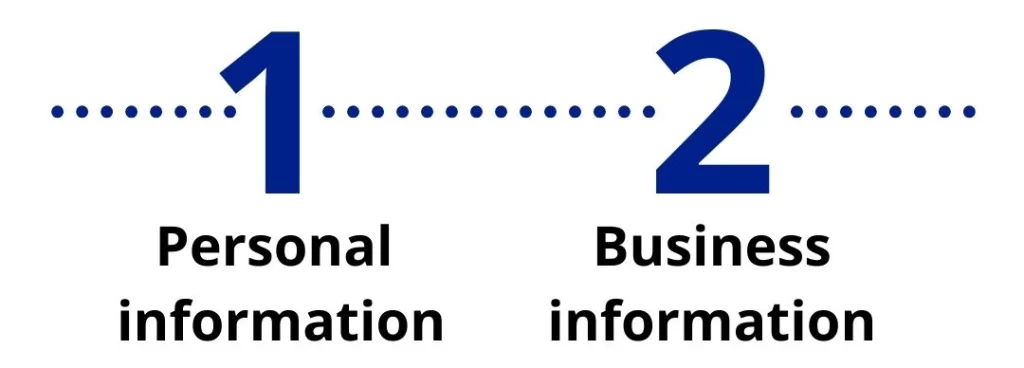Duquesne Light is again seeking approval from the Pennsylvania PUC to increase its current 6-month fixed rate, which began on June 1, 2024, for both residential and commercial customers.
For residential customers, Duquesne Light seeks to increase the standard supply charge by about 16%, to 9.4438 cents per kWh, from the current 8.1618 cents per kWh, effective from September 25, 2024, through November 30, 2024.
For small commercial and industrial customers under 25 kW, Duquesne Light seeks to increase the standard supply charge by about 10%, to 8.9898 cents per kWh, from the current 8.1618 cents per kWh, to be in effect from September 25, 2024, through November 30, 2024.
Duquesne Light is specifically seeking increases to the default service supply rate, or supply charge, which reflects generation supply only. The supply charge is the largest component of the Price to Compare, which also include transmission and the state tax adjustment surcharge. Rates below are for the standard supply charge for the relevant class.
Duquesne Light has cited under-collections due to the much higher capacity prices from the recent PJM auction as the reason for the needed price increases. The PUC on August 23 rejected Duquesne Light’s original filing to implement such a mid-course SOS rate adjustment, with the PUC finding that Duquesne Light’s filing was inconsistent with its tariff.
In the prior application, Duquesne Light had sought an effective date (September 1) less than 30 days after the filing of the interim rate changes (with Duquesne Light seeking a waiver of the 30-day notice requirement).
Are Rates Going to Continue to Increase?
Unfortunately, as of now it looks like rates are going to be increasing in 2025, with Maryland electric bills to go up by as much as 24%, PECO announcing that they are looking to raise prices by about 12.3% in January 2025, and possibly an additional 10% over 2 years, while others are saying the PJM region (Delaware, Illinois, Indiana, Kentucky, Maryland, Michigan, New Jersey, North Carolina, Ohio, Pennsylvania, Tennessee, Virginia, West Virginia and the District of Columbia) might increase by as much as 29%.
This is largely due to the capacity costs in the PJM territory skyrocketing from $2.2 billion to $14.7 billion.
This is why we are advising our customers to take advantage of a fixed rate today, so they can avoid any increases.



